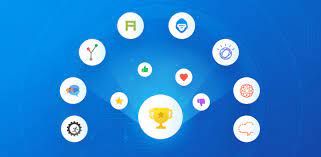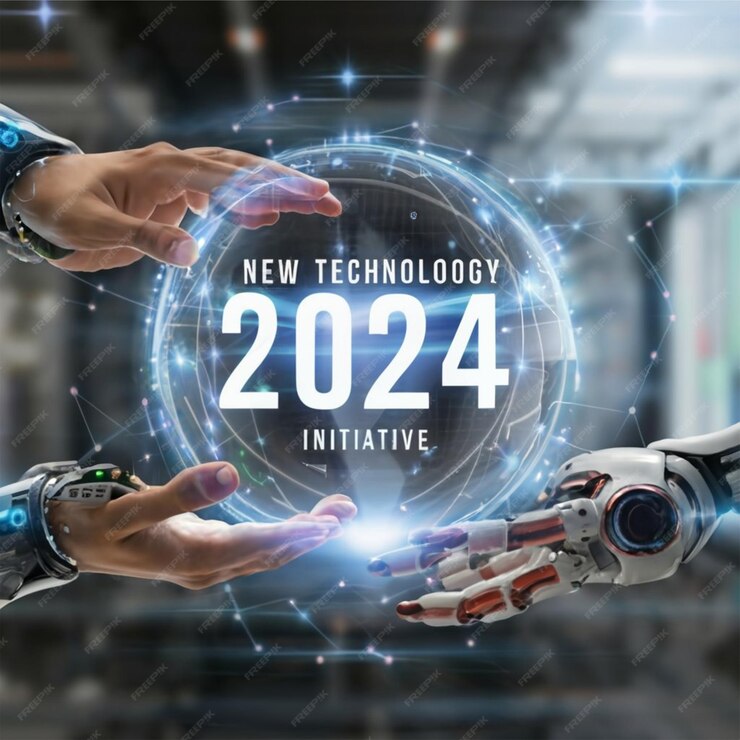In the vast landscape of technological advancements, one concept that continues to captivate our imagination and provoke profound discussions is the integration of artificial intelligence (AI) with human existence. The idea of AI-human interaction, often portrayed in science fiction, has now transcended the realm of fantasy and become an increasingly tangible reality in our daily lives. As we delve deeper into this evolving relationship between machines and humans, we uncover a myriad of opportunities, challenges, and ethical considerations that shape the future of our interconnected world.
At the heart of the AI-human connection lies the quest for synergy – a harmonious collaboration that leverages the unique strengths of both entities to achieve unprecedented feats. AI, with its computational prowess and ability to process vast amounts of data at lightning speed, offers unparalleled efficiency and precision in tasks ranging from predictive analytics to autonomous decision-making. On the other hand, humans bring to the table a nuanced understanding of context, empathy, creativity, and moral reasoning – qualities that machines, for all their sophistication, still struggle to replicate.
One of the most tangible manifestations of the AI-human symbiosis is in the field of healthcare. Medical professionals are increasingly turning to AI-powered diagnostic tools to augment their expertise and enhance patient care. These systems can analyze medical images, genetic data, and patient records with unparalleled accuracy, aiding physicians in early detection, treatment planning, and personalized medicine. By seamlessly integrating AI into clinical workflows, healthcare providers can streamline processes, reduce errors, and ultimately save lives.
However, the integration of AI in healthcare also raises valid concerns regarding privacy, security, and the potential for algorithmic bias. As AI systems rely on data to learn and make decisions, ensuring the integrity and fairness of these algorithms becomes paramount. Without proper safeguards in place, there is a risk of perpetuating systemic inequalities and exacerbating disparities in access to healthcare services. Moreover, the sheer complexity of AI algorithms often renders them opaque and inscrutable, raising questions about accountability and the ability to audit and interpret their decision-making processes.
Beyond healthcare, the AI-human synergy is reshaping industries across the board, from finance and education to transportation and entertainment. In the realm of finance, AI algorithms analyze market trends, assess risk, and execute trades with unprecedented speed and accuracy, revolutionizing investment strategies and portfolio management. In education, AI-powered tutoring systems personalize learning experiences, adapt to individual student needs, and provide real-time feedback, empowering learners to achieve their full potential. In transportation, autonomous vehicles promise to enhance safety, reduce traffic congestion, and transform the way we navigate our cities.
Yet, amid the promise of progress, we must remain vigilant to the ethical implications of the AI-human partnership. As AI systems become increasingly integrated into our daily lives, questions of accountability, transparency, and control loom large. Who bears responsibility when an AI-powered decision goes awry? How do we ensure that these systems remain aligned with human values and ethical principles? What safeguards can we put in place to mitigate the potential for misuse and abuse of AI technology?
Moreover, as AI continues to advance, the boundaries between human and machine blur ever further. The emergence of technologies such as brain-computer interfaces (BCIs) and neural implants opens up new frontiers in human augmentation, enabling direct communication between the brain and computers. While these innovations hold the promise of enhancing human capabilities and overcoming physical and cognitive limitations, they also raise profound existential questions about the nature of consciousness, identity, and what it means to be human.
In navigating the complex terrain of the AI-human relationship, it is essential to adopt a holistic and inclusive approach that values diversity, equity, and human dignity. This requires interdisciplinary collaboration between technologists, ethicists, policymakers, and society at large to develop frameworks that promote responsible AI development and deployment. It also necessitates fostering a culture of transparency, accountability, and continuous dialogue to address emerging challenges and mitigate potential risks.
Ultimately, the AI-human connection represents a pivotal moment in human history – a convergence of technology and humanity that holds the potential to reshape the fabric of society and unlock new possibilities for human flourishing. By embracing the opportunities while confronting the challenges with courage and foresight, we can harness the transformative power of AI to create a more equitable, sustainable, and compassionate world for generations to come. As we embark on this journey of exploration and discovery, let us remain steadfast in our commitment to uphold the values that define us as human beings and guide us toward a future where technology serves as a catalyst for human progress and enlightenment.
Follow us


